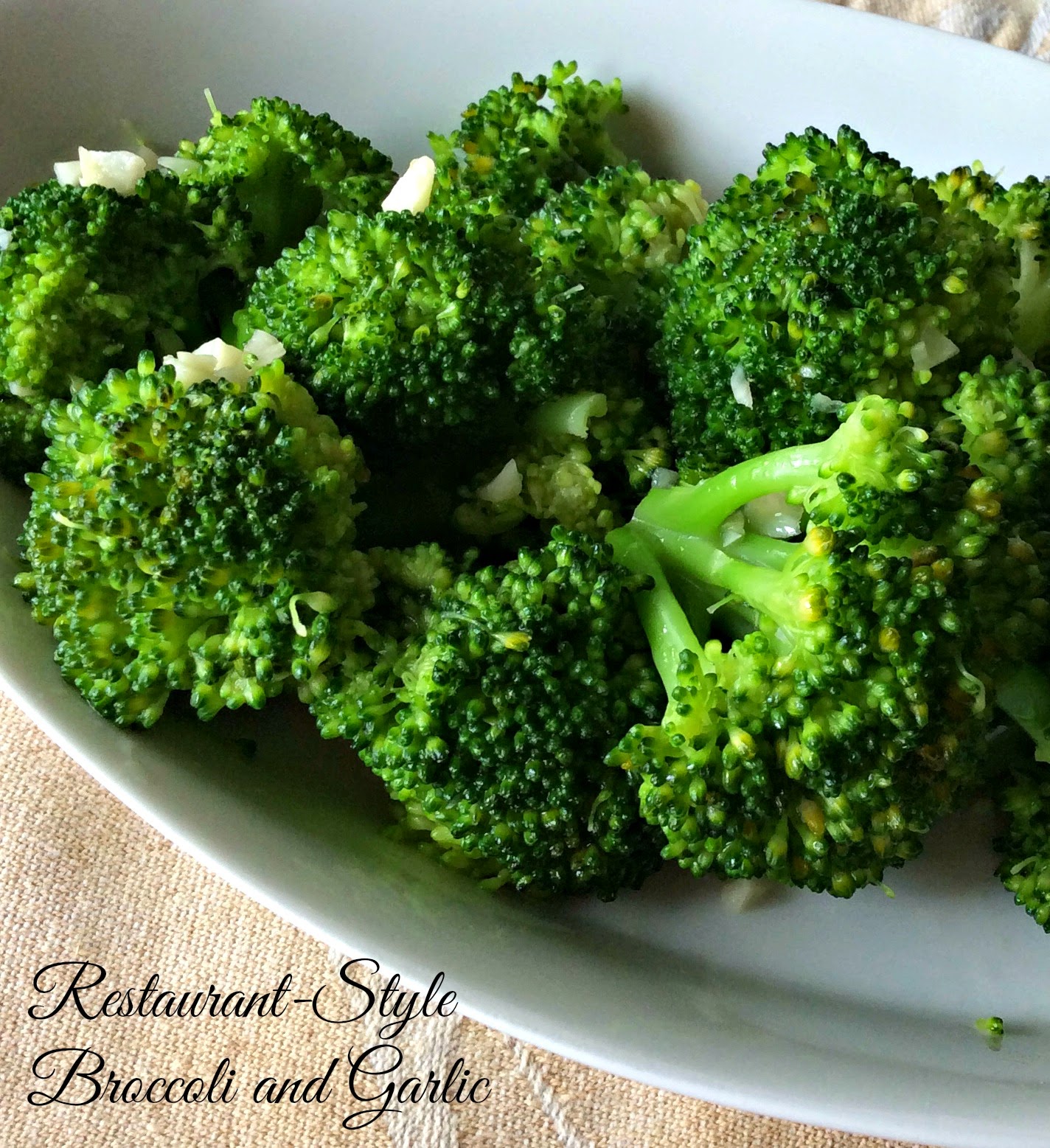Scallops - Cooking, Choosing and Health Benefits
First, the Sea Scallop as pictured here. The sea scallop is much larger than a bay scallop. The season for fresh sea scallops and bay scallops runs from October through March. Although frozen scallops are available year round.
Scallops are in the mollusk family and are encased in beautiful "scalloped" shells. The actual scallop is the muscle that opens and closes the two shells. The orange colored gland also known as the "coral" is edible as well and you would probably find it used in upscale restaurants.
The fresher the scallop the better the taste and the absolute first choice of professional chefs. For the common person you won't often find fresh scallops in your grocery store. They come in frozen and are thawed. Not that that is bad mind you, but you have to be careful in choosing the scallop. First off, look to see if they still have a sheen to them and ask to smell them. If they smell other than the ocean, pass them by.
The second thing with a frozen scallop is the fact that by freezing them and thawing them you will find that the scallop has toughened due to moisture loss after thawing. Also you want to have scallops that are completely dry when cooking them in an application like a seared scallop dish.
While scallops are generally on the expensive side due to the price per pound you occasionally will be able to make a scallop dish that does not break the budget. The larger sea scallops can be cut in half to make a greater yield. Therefore when you want something a bit different, a bit more elegant and your budget isn't stretched to the max, try one of my recipes for scallops. One uses the small bay scallop and the other uses the larger sea scallop.
Cooking time for seared scallops depends on the meatiness of the scallop. To get a really good sear on the scallop you need to cook them over medium high to high heat with butter and preferably in a non-stick skillet. Sear them for about 2-4 minutes per side - again depending on the meatiness of the scallop.
For a nice pan sauce, remove the scallops from the skillet and if the butter is not too brown leave it in the pan. If it is, wipe out the butter and add more to the pan. Turn the heat down and add in some finely diced shallot and deglaze the pan with some white wine. Additional flavor could be a small amount of seafood stock that you add to the pan and reduce that down. Once the sauce is made, add the scallops back to the pan and spoon the sauce over the scallops to rewarm. Plate the scallops with a tangy fruit salsa (like mango's or peaches) and you have a gourmet meal.
So let's now take a good look at the health benefits of scallops. I have taken this directly from WHfoods.com:
"Most people know that fish is good for you, but what about other seafood? As it turns out, scallops, in addition to their delectable taste, contain a variety of nutrients that can promote your cardiovascular health, plus provide protection against colon cancer.
In addition to their B12, scallops are a very good source of omega-3 fatty acids and a good source of magnesium and potassium, three other nutrients that provide significant benefits for the cardiovascular system. Omega-3 fats keep your blood flowing smoothly by preventing the formation of blood clots. Magnesium helps out by causing blood vessels to relax, thus helping to lower blood pressure while improving blood flow. Potassium helps to maintain normal blood pressure levels."
These are just some of the major health benefits. For more information please visit this site: http://WHfoods.com.
Links to the scallop recipes:
Scallop Casserole
Baked Stuffed Scallops












Comments
Post a Comment